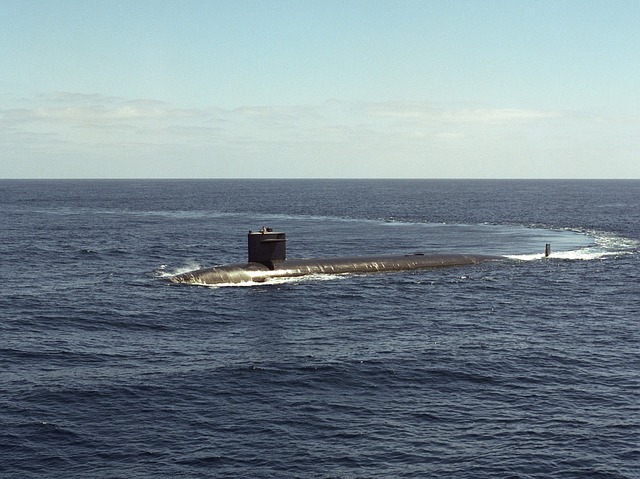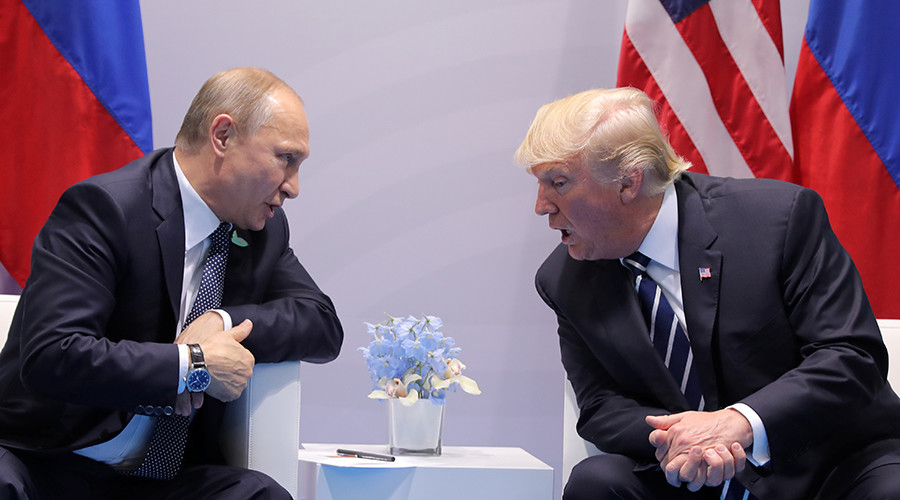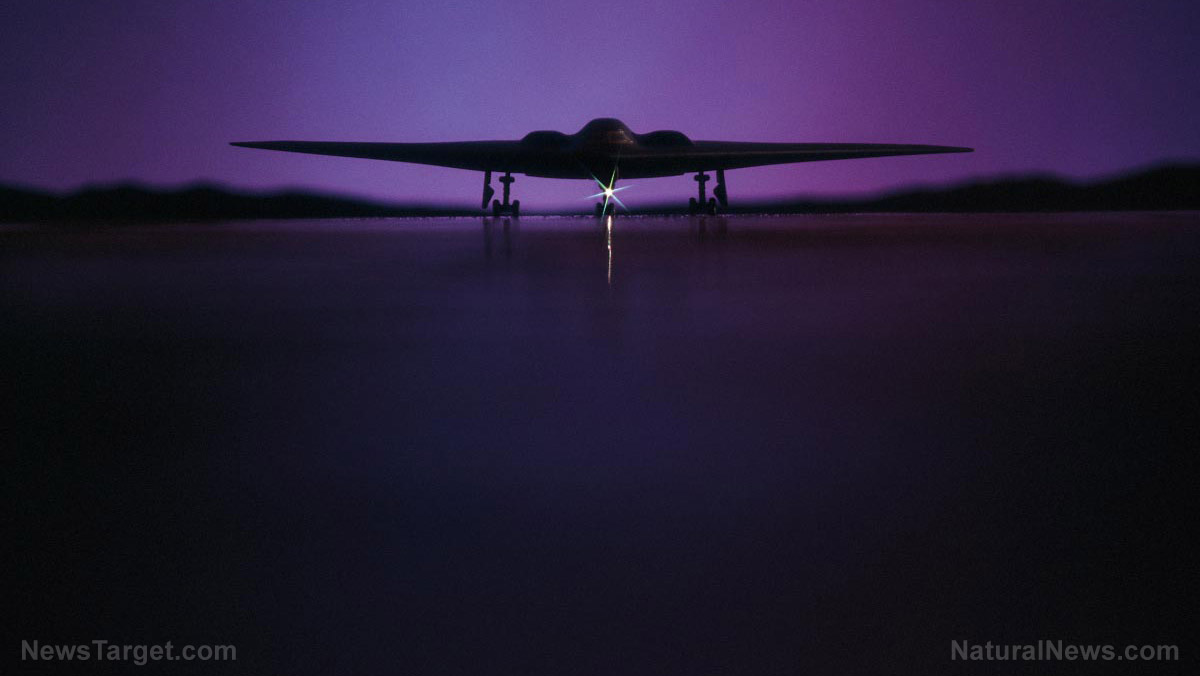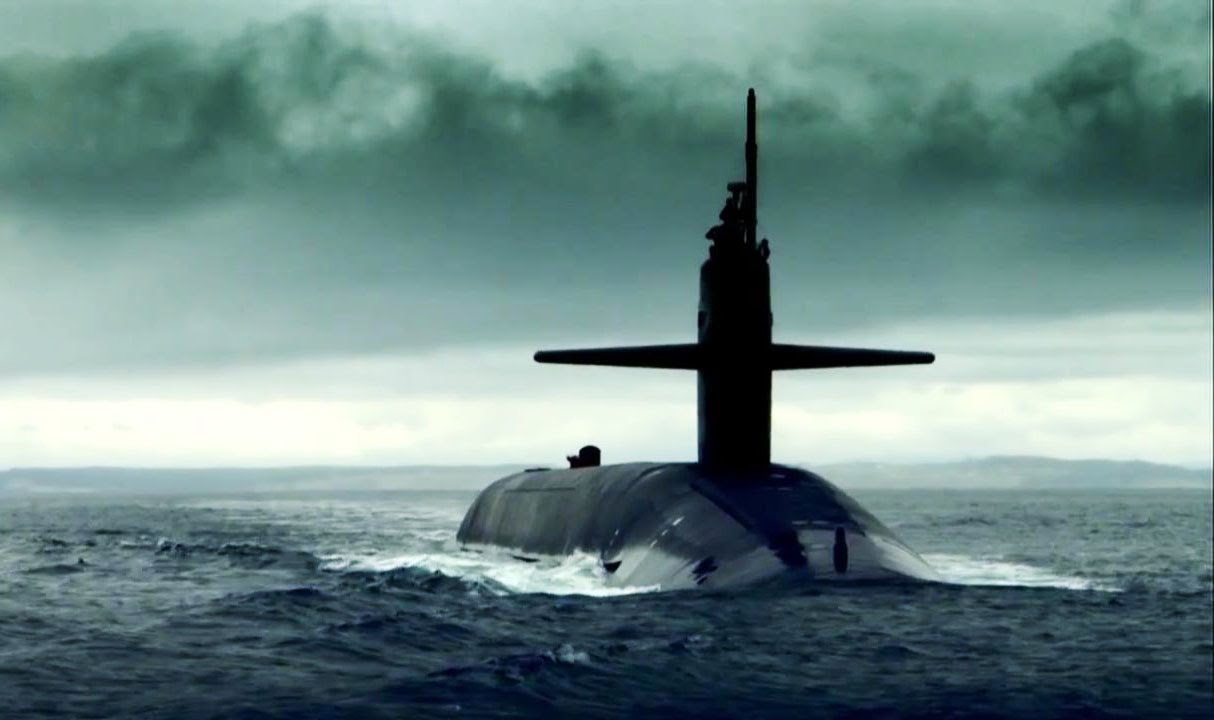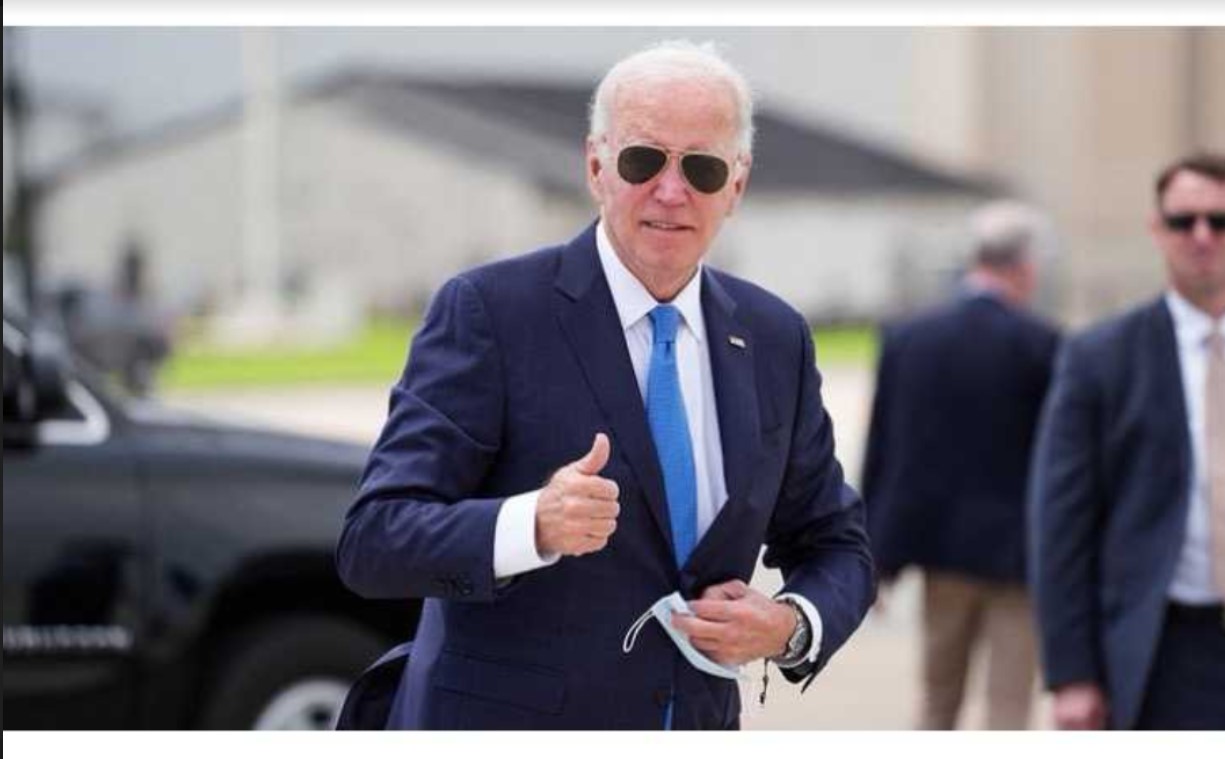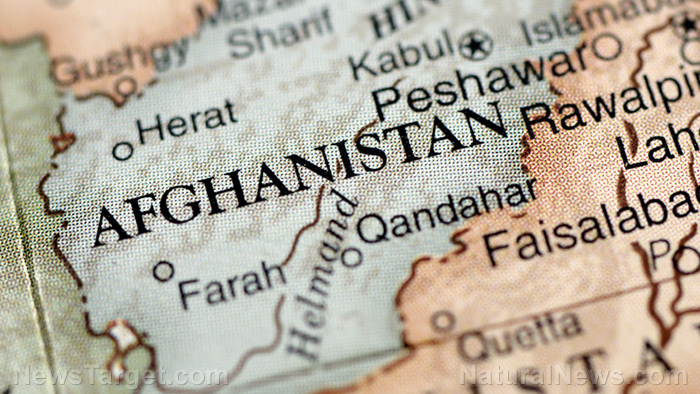Does Trump want to acquire Greenland for its resources or to gain strategic military position in the arctic?
01/10/2025 / By Lance D Johnson
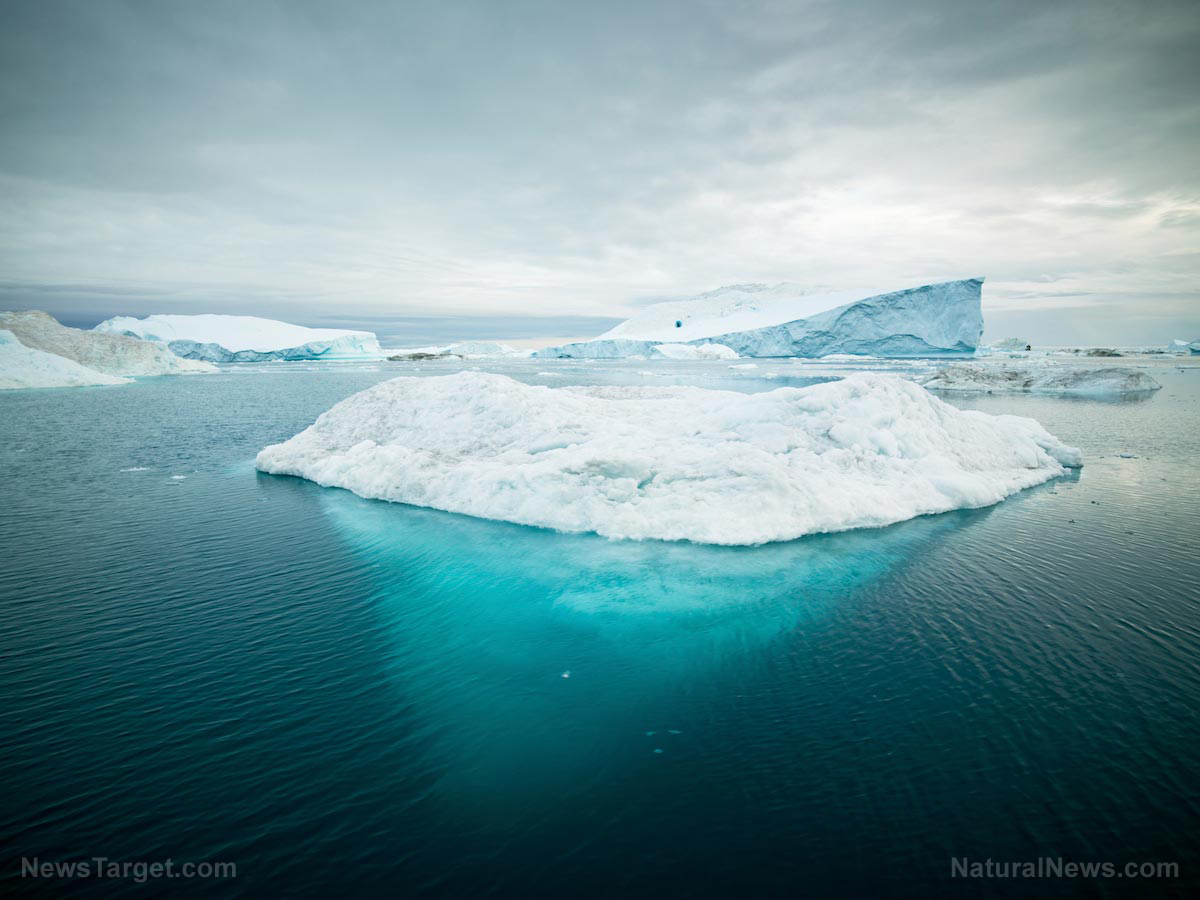
- Soon-to-be U.S. President Donald Trump has reignited interest in acquiring Greenland, while Denmark and Greenland’s autonomous government resist.
- Greenland, an autonomous Danish territory, sits at the crossroads of the Arctic and North Atlantic.
- Trump’s recent comments and his son’s visit to Greenland have brought the issue back into the spotlight.
- Greenland’s strategic location and resources make it a focal point for U.S., Russian, and Chinese ambitions in the Arctic.
- Under Trump, the U.S. may seek to bolster its military and economic presence in Greenland amid growing competition with Russia and China in the Arctic.
A new Cold War brewing in the arctic?
Greenland, the world’s largest island, has long been a strategic prize for global powers. Its icy expanse, once a Cold War battleground, is now at the center of a new geopolitical struggle. As Arctic shipping routes give way to untapped natural resources, the United States, Russia, and China are vying for dominance in the region. Former U.S. President Donald Trump’s recent remarks about acquiring Greenland—and his refusal to rule out military or economic coercion—have reignited debates about the island’s significance.
“I can’t assure you on either of those two,” Trump told reporters, referring to Greenland and the Panama Canal. “But I can say this, we need them for economic security.” His comments, coupled with his son Donald Trump Jr.’s visit to Greenland—where he reportedly distributed hats reading “Make Greenland Great Again”—have drawn sharp criticism from Denmark, Greenland’s sovereign authority. Danish Prime Minister Mette Frederiksen was unequivocal in resisting any advances from the U.S.: “Greenland is not for sale.”
Greenland holds a legacy of military importance for the U.S.
Greenland’s strategic value is not new. During World War II, the U.S. established a military presence on the island to defend against Nazi Germany. This presence expanded during the Cold War, when Greenland became a critical outpost for monitoring Soviet activity. Thule Air Base, established in 1951, housed nuclear-tipped missiles, early warning radars, and interceptor fighters. It was a linchpin of U.S. defense strategy, offering a vantage point just 947 miles from the North Pole.
The Cold War also saw bizarre and ambitious projects, such as Camp Century, a secretive research facility that experimented with nuclear-powered military operations beneath the ice. While Camp Century was abandoned, its toxic legacy remains, with pollutants and radioactive materials buried under Greenland’s melting ice sheet.
Today, Thule Air Base—renamed Pituffik Space Base in 2023—remains a key U.S. military installation. Operated by the U.S. Space Force, it hosts early warning radars, satellite tracking systems, and fighter detachments.
“Pituffik enables force projection, space superiority, and scientific research in the Arctic region,” according to the Space Force. Approximately 200 U.S. service members are present at the base.
The Arctic’s strategic importance has only grown since the Cold War. Greenland and the seas surrounding it are home to vast natural resources, including oil, rare earth metals, and fisheries. Russia has been particularly aggressive in asserting its dominance, reactivating Cold War-era bases and building a fleet of icebreakers to project power in the arctic circle.
China, too, has entered the fray, eyeing Arctic shipping lanes and resources. The Pentagon has warned of Beijing’s growing interest in Greenland, where it has sought to invest in infrastructure projects. “The Arctic is an increasingly competitive domain,” the Pentagon stated, highlighting the potential for China and Russia to collaborate in the region. However, the Pentagon is distancing itself from taking part in any military threats to the region.
For the U.S., Greenland offers a strategic foothold to counter Russia and China’s ambitions. Its location provides unparalleled access to the Arctic and North Atlantic, making it a vital logistics hub and a potential base for air and naval operations.
Despite its strategic value, Greenland’s future remains uncertain. The island’s autonomous government has emphasized that any decisions about its sovereignty must involve its people. As the Arctic becomes a new theater for great power competition, Greenland’s role will only grow. Whether as a U.S. ally or a contested territory, the island’s icy expanse is poised to shape the geopolitical landscape for decades to come.
Sources include:
Submit a correction >>
Tagged Under:
big government, China, coercion, Cold War, colonialism, economic threats, energy supply, Greenland, military logistics, military strategy, military threats, national security, national sovereignty, resources, Russia, space force, U.S. Pentagon, WWIII
This article may contain statements that reflect the opinion of the author
RECENT NEWS & ARTICLES
COPYRIGHT © 2017 NATIONAL SECURITY NEWS


